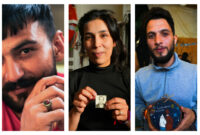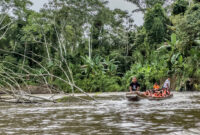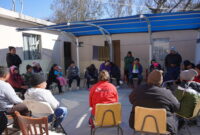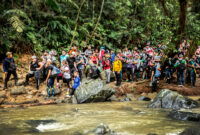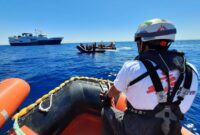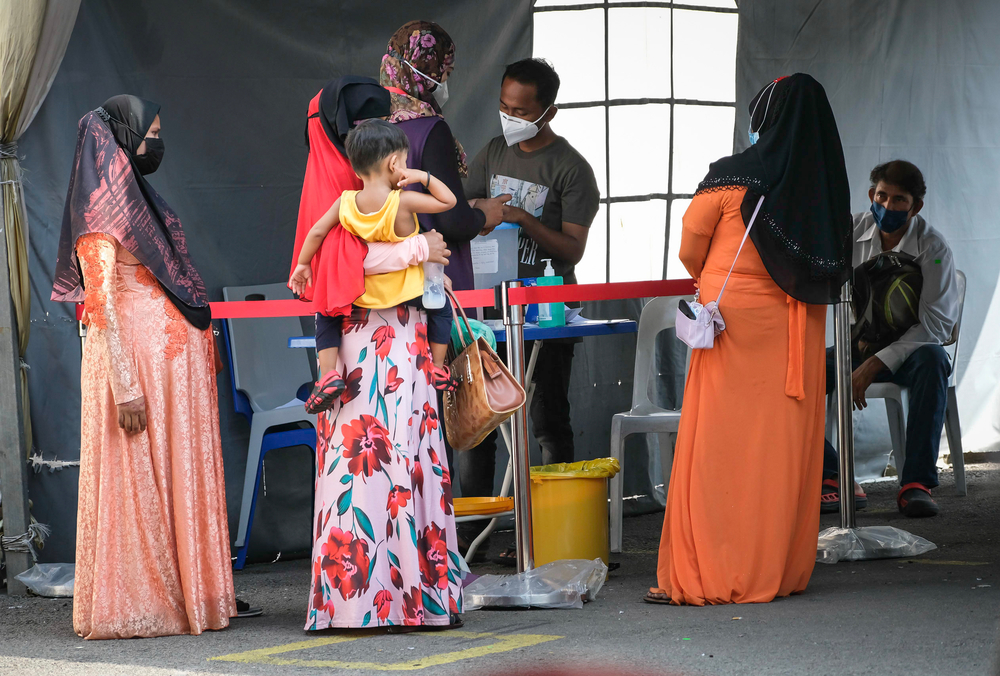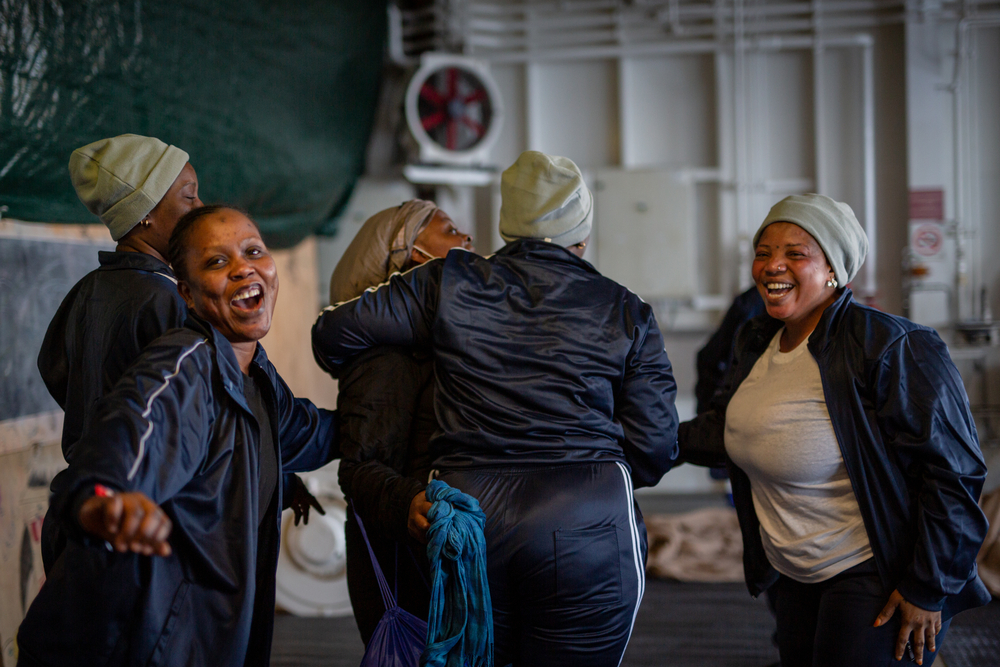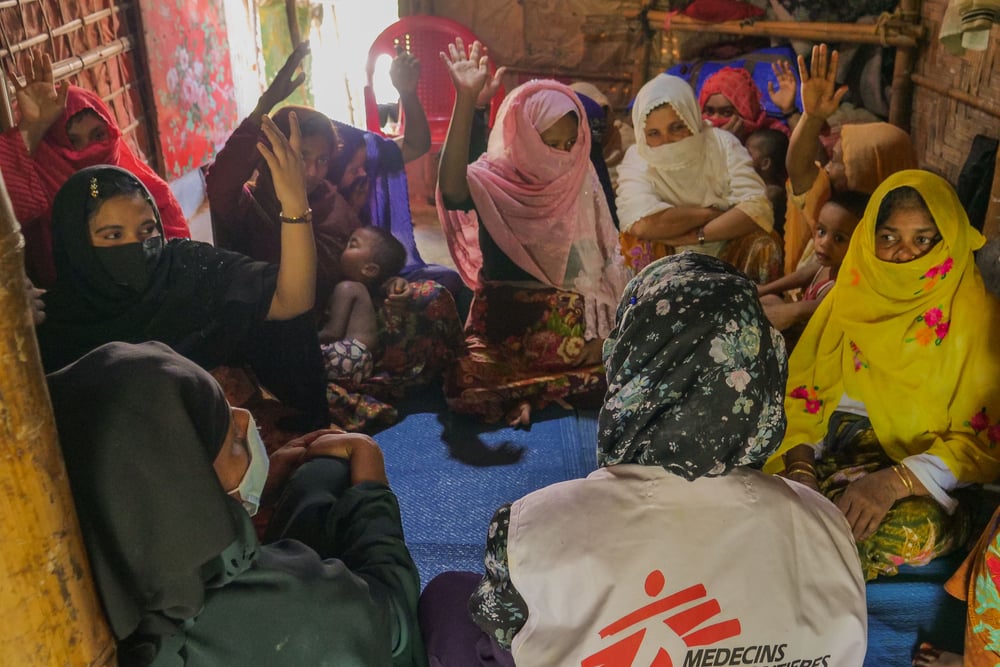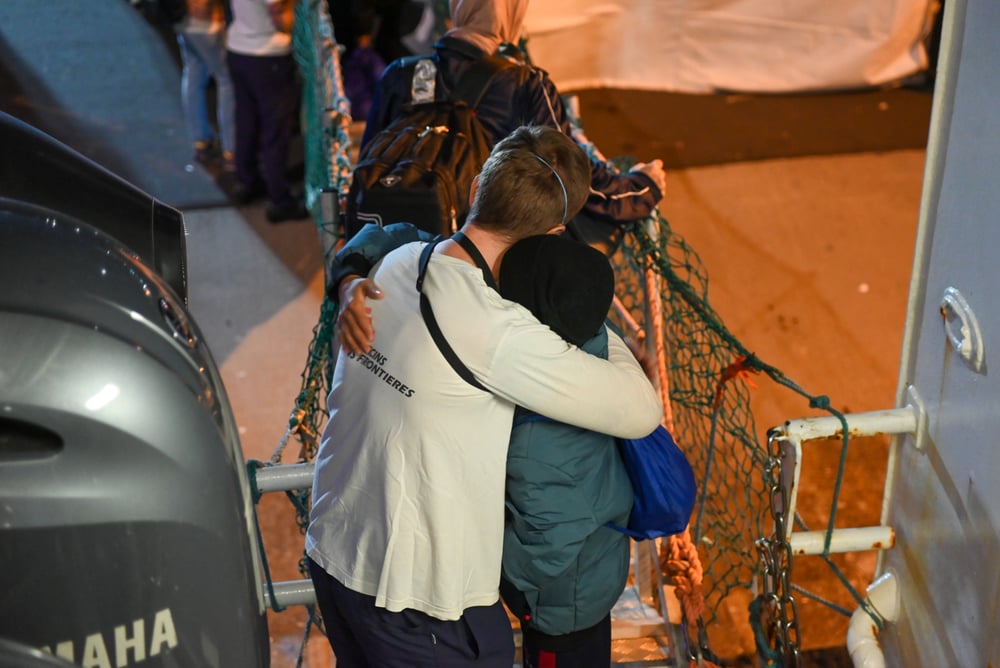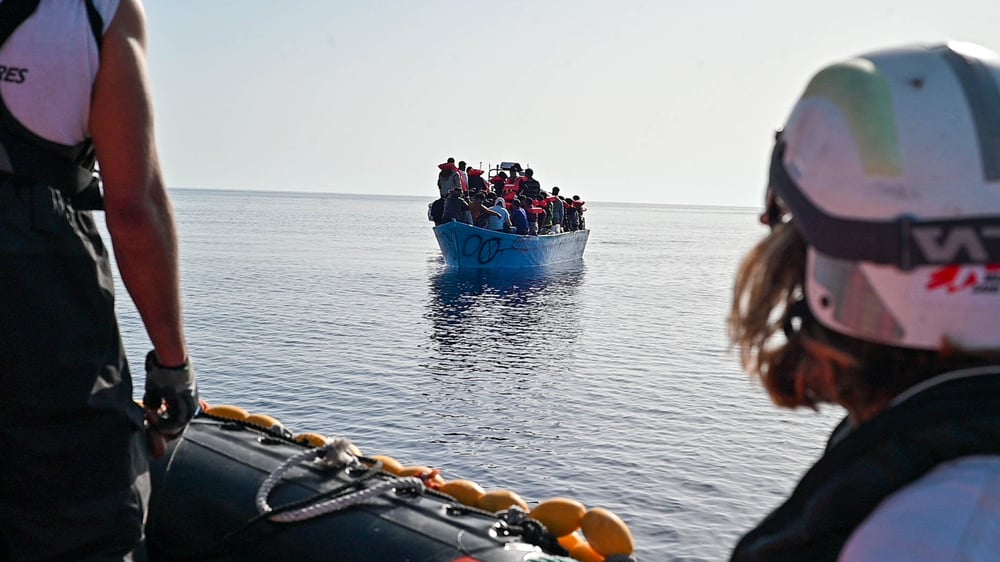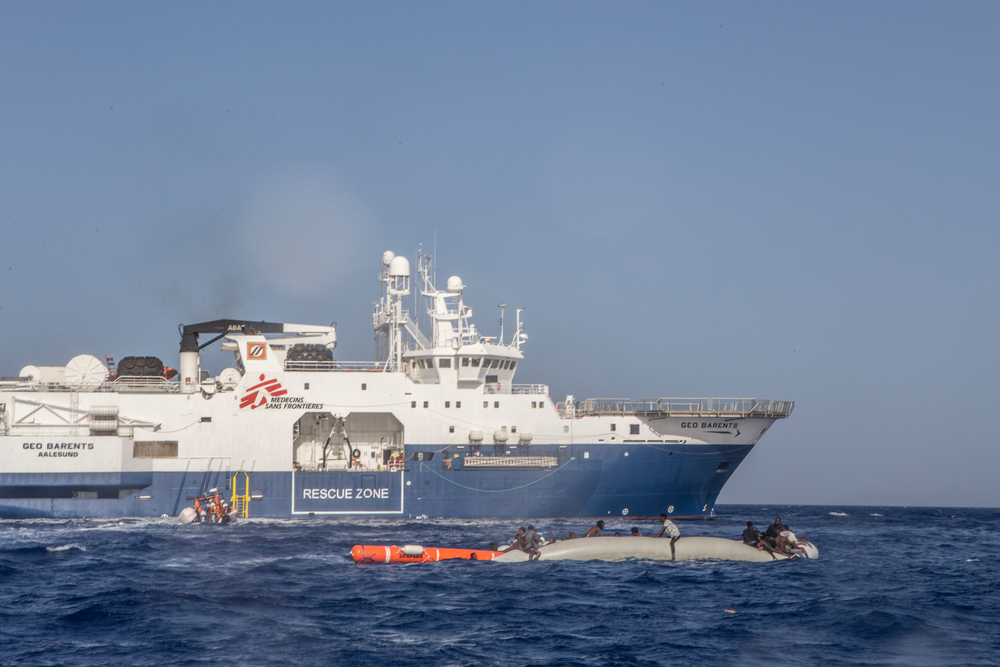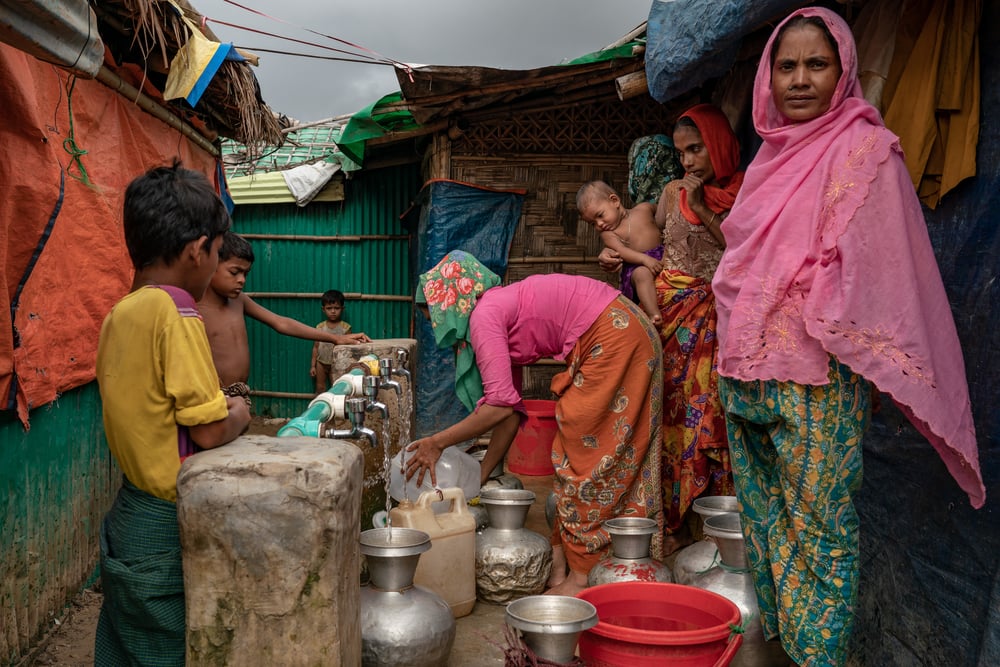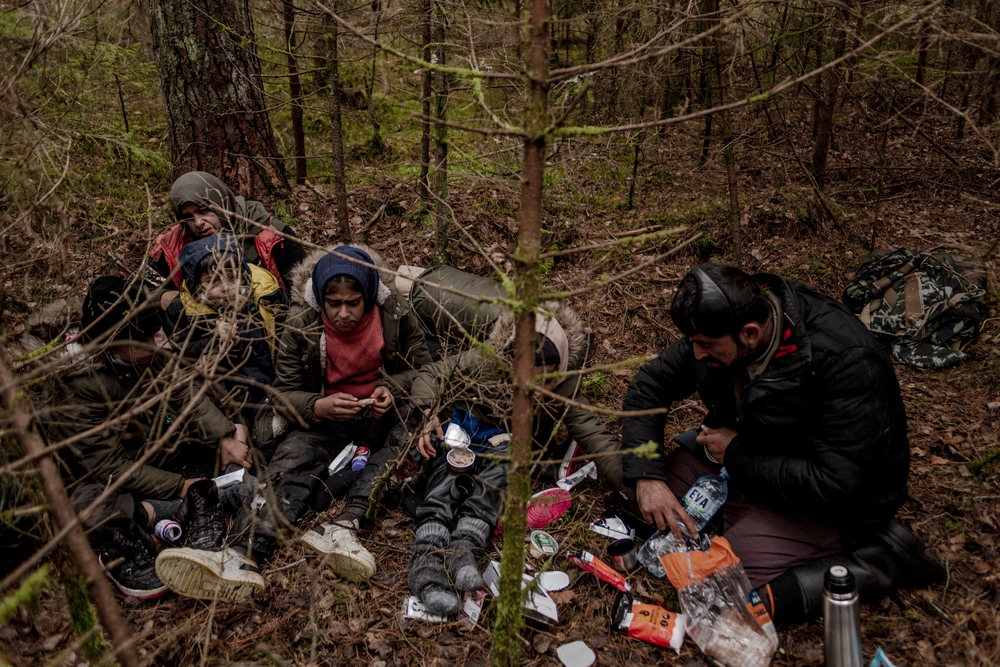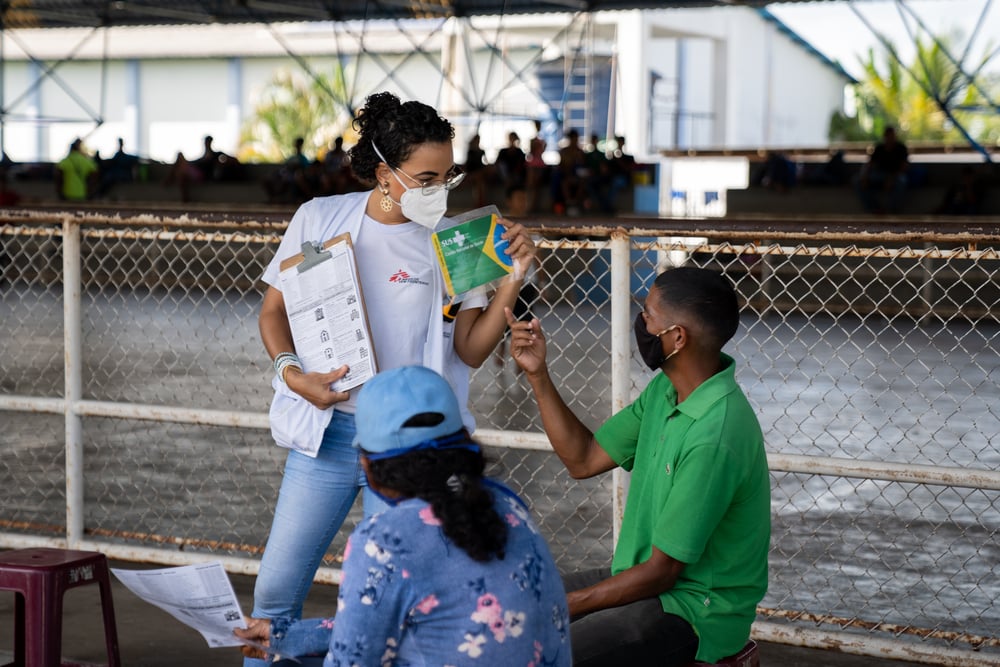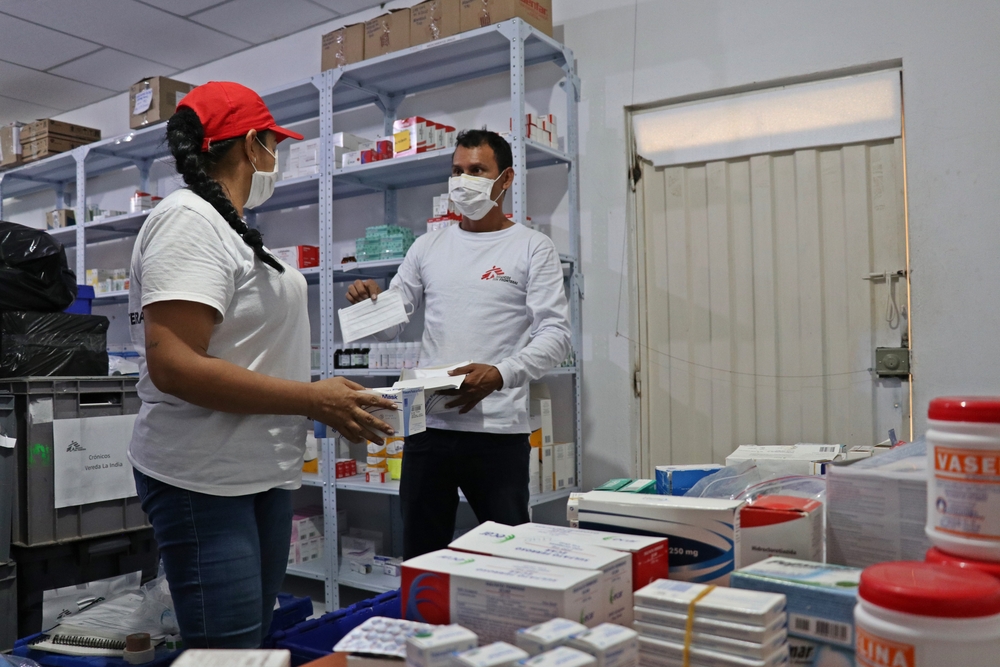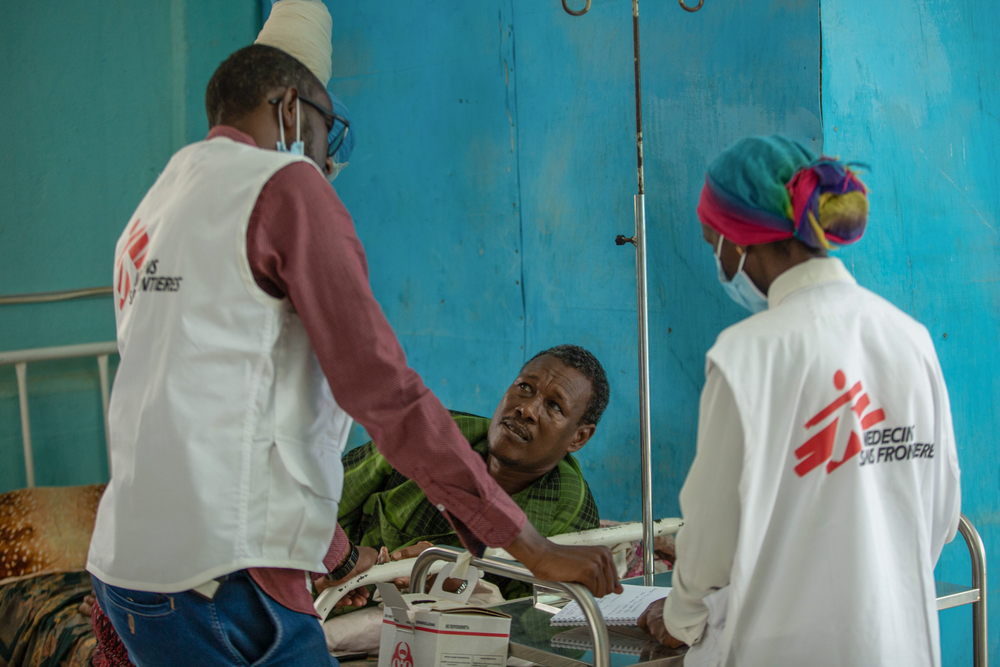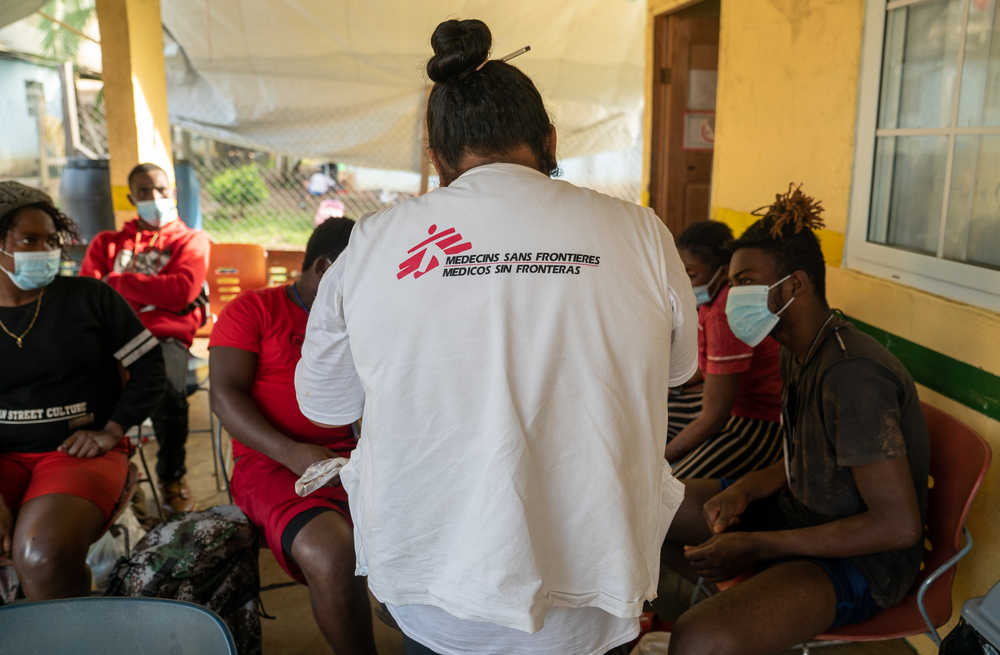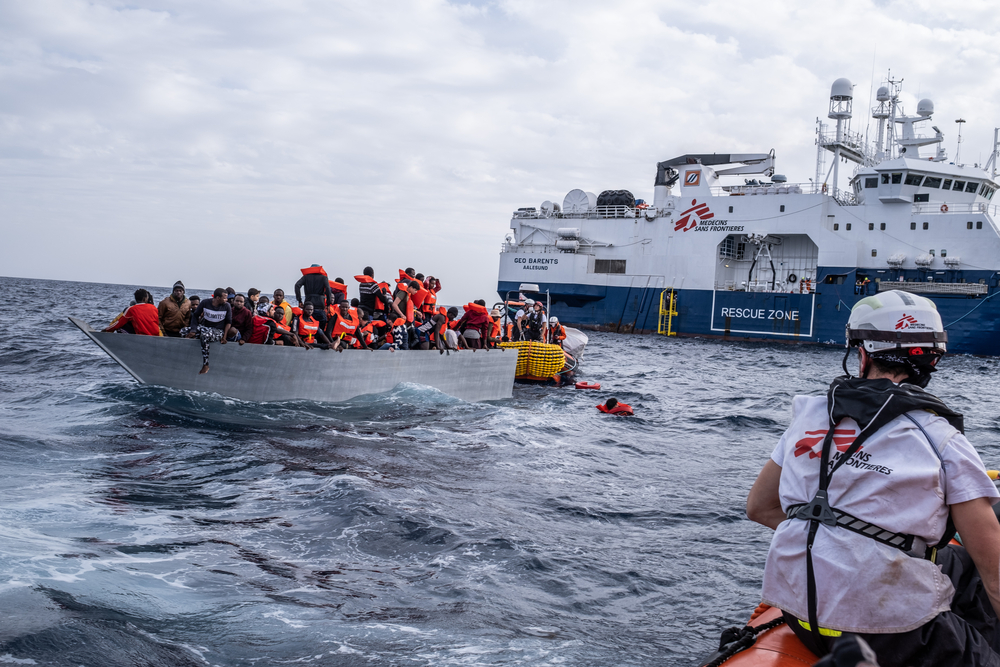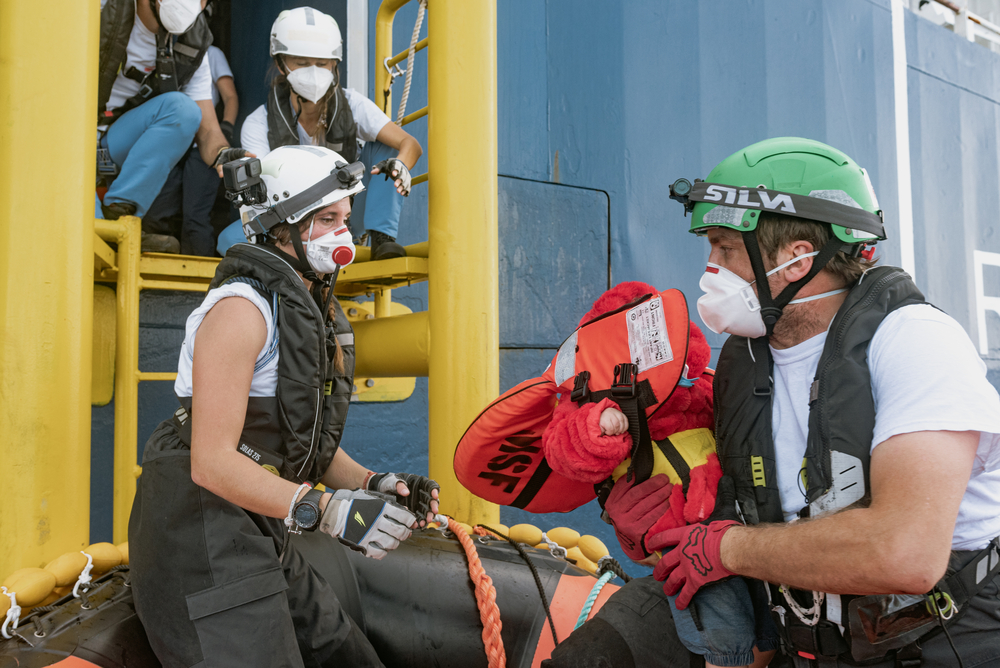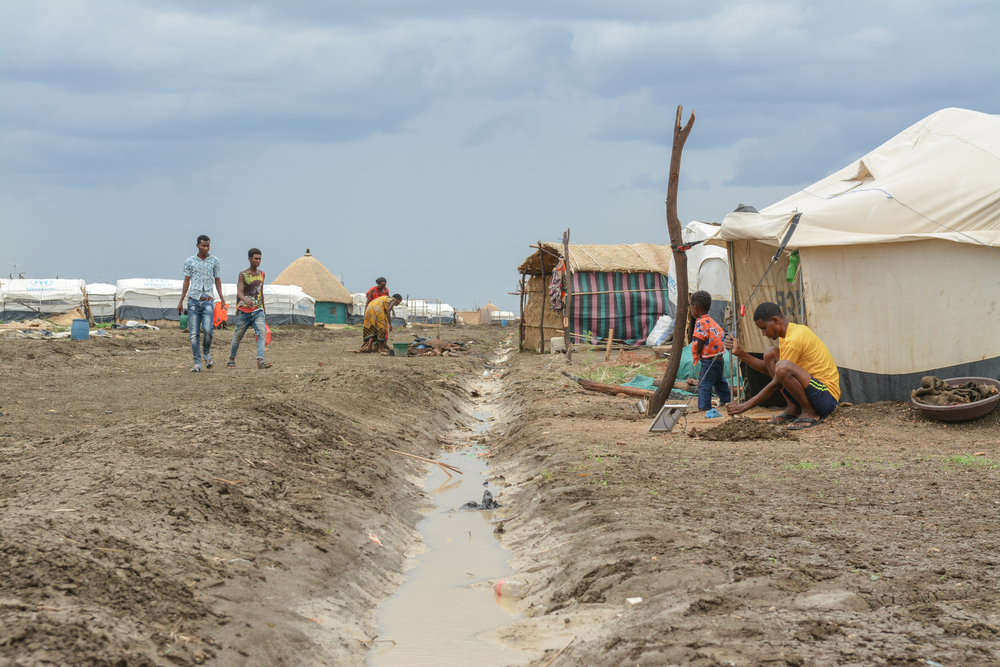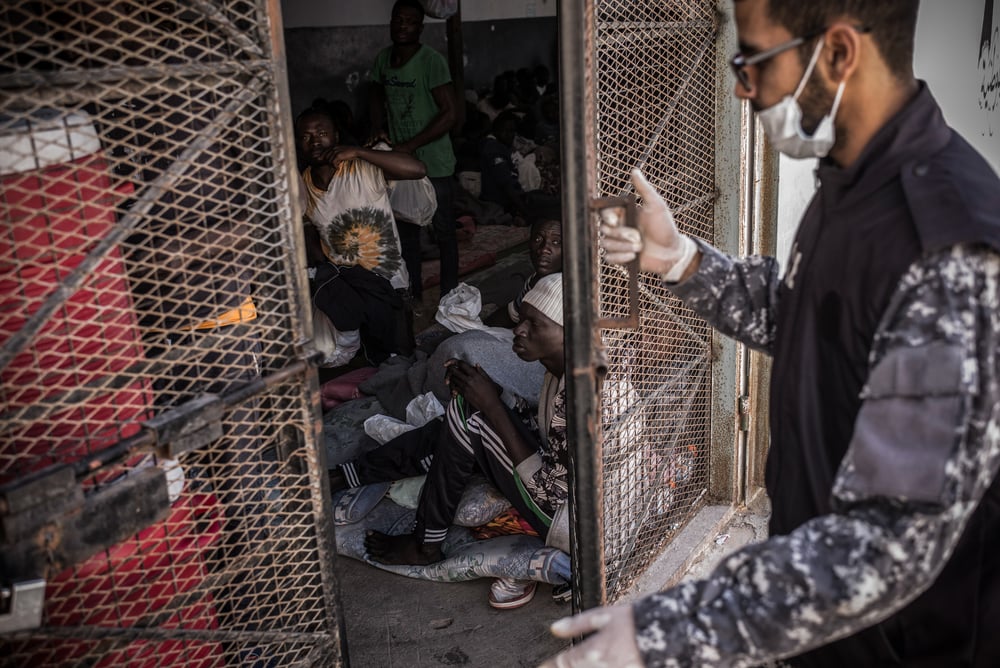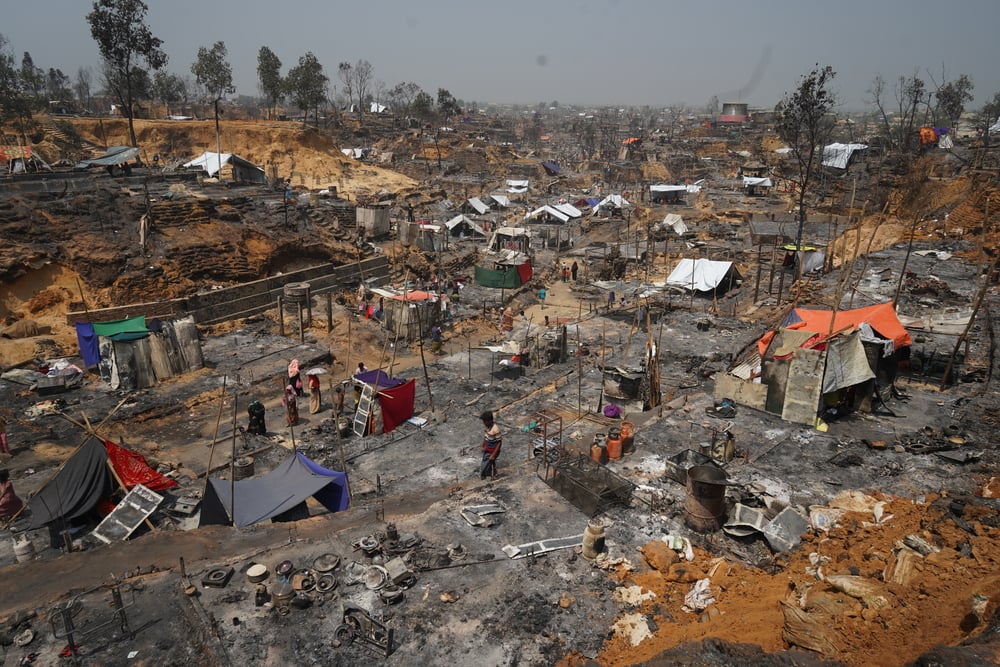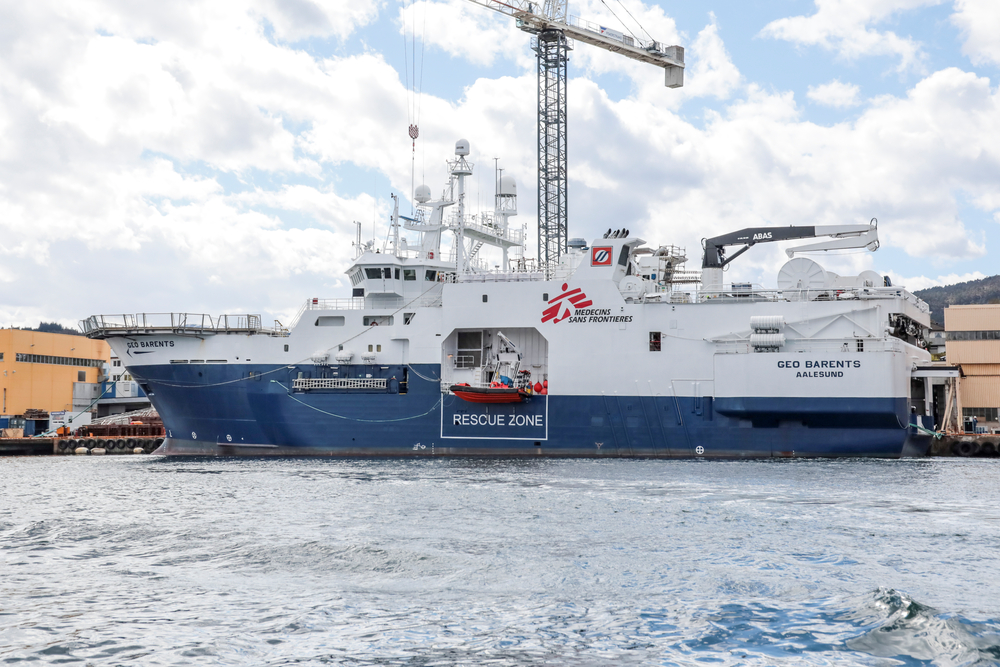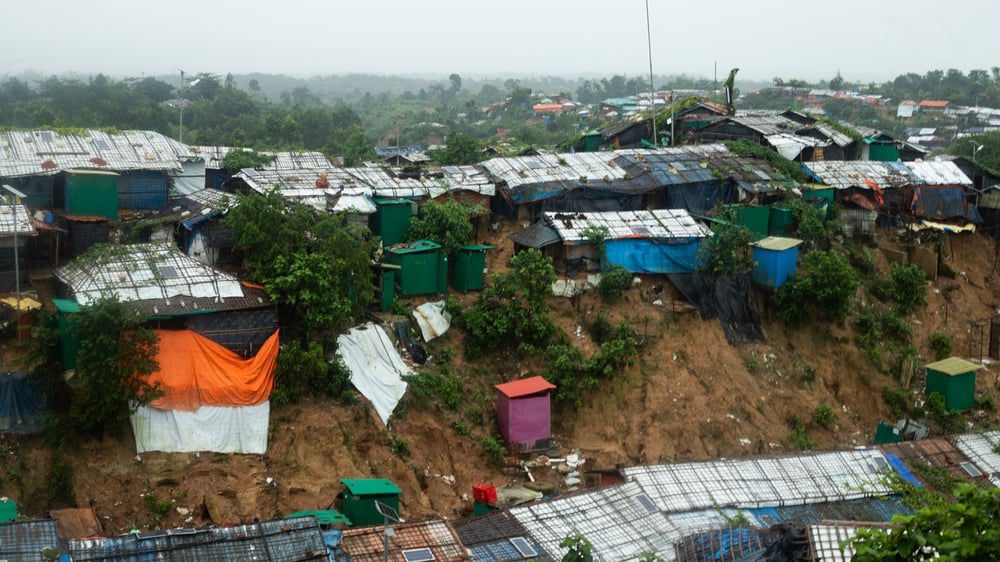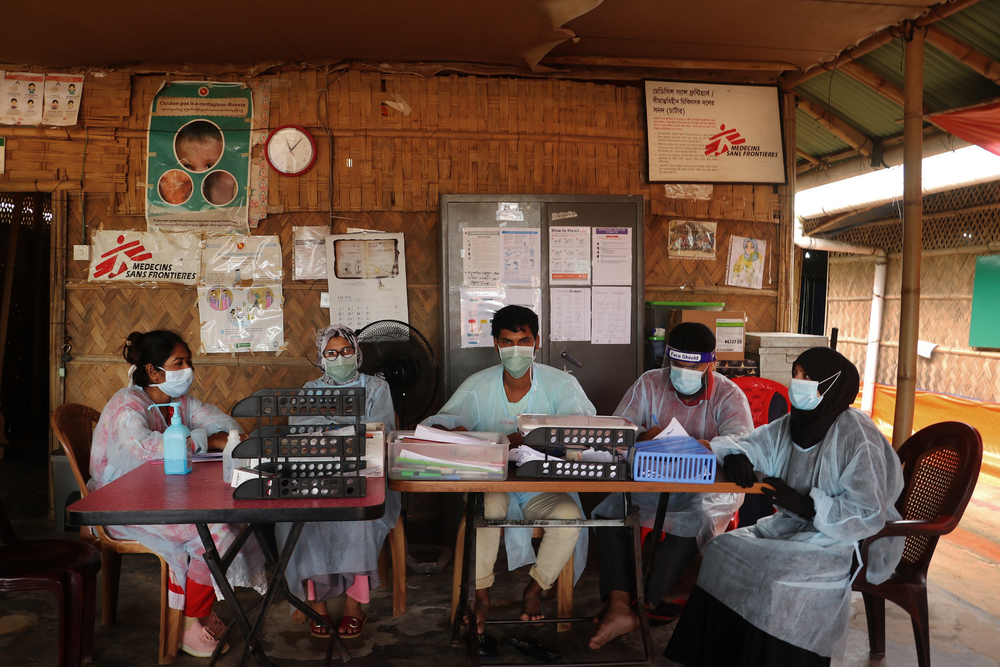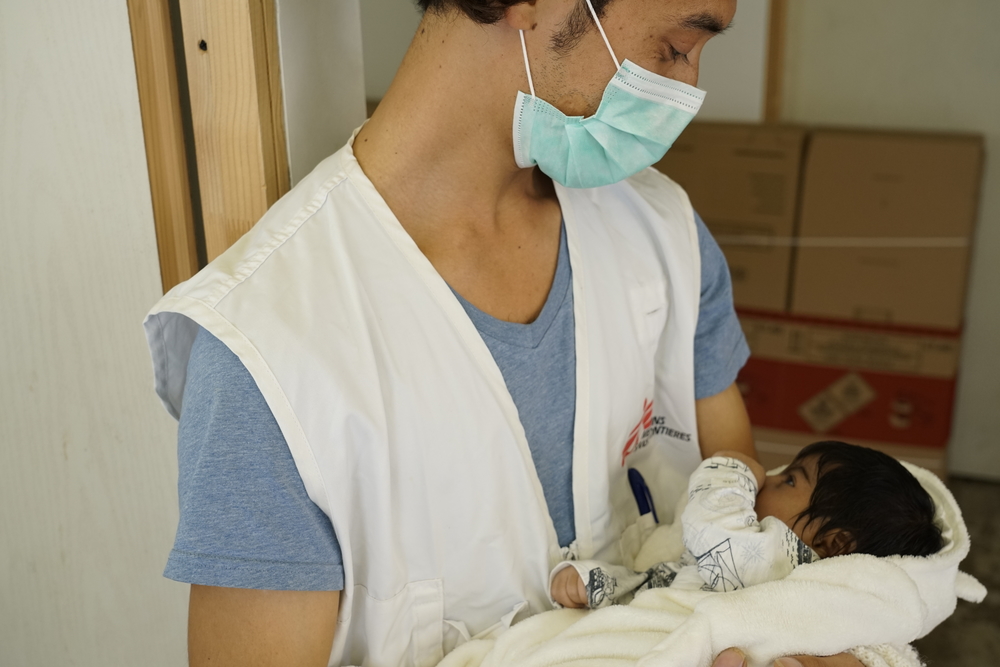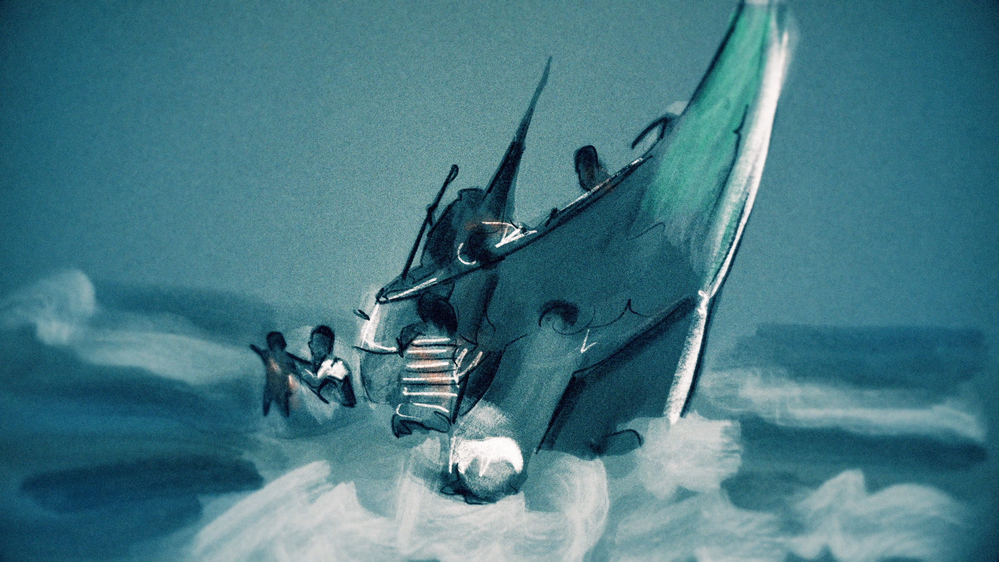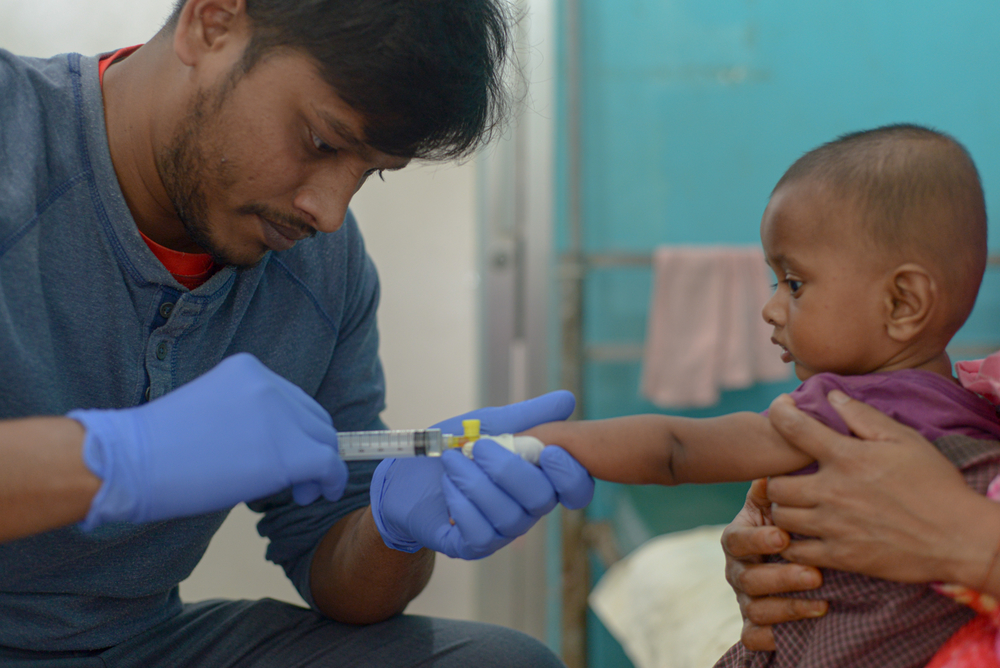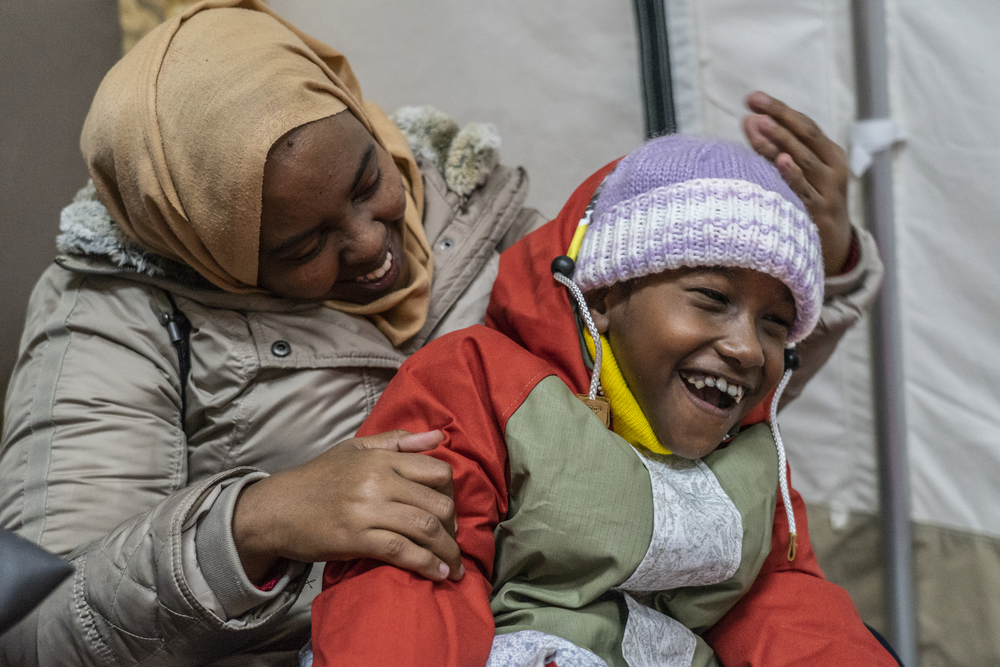Refugees, IDPs and People on the Move
Nearly 108 million people worldwide have been forcibly displaced
| Latest facts (Updated June 19, 2023) |
|---|
| • Out of the 108 million displaced people estimated by UNHCR, over 62.5 million are IDPs. |
| • There are over 35.3 million refugees around the world. |
| • There are approximately 5.4 million asylum seekers, people whose claim for refugee status has not yet been determined. |
| • Lower-income nations host 76 per cent of the world’s refugees. |
| ⓘ Who is an IDP? |
|---|
| An internally displaced person (IDP) is forced to flee home but remains within their country’s borders and so is not legally defined as a refugee. |
According to UNHCR, the number of people forcibly displaced has doubled in the last 10 years. War, persecution, conflict and natural disasters are only some of the reasons for displacement.
Doctors Without Borders/Médecins Sans Frontières (MSF) teams work alongside people on the move at their points of arrival or during the often treacherous journeys they undertake. The vulnerability of this group is amplified as their health and well-being are at jeopardy during their move or displacement. Often it is difficult– if not impossible – for them to access medical care, adequate shelter, clean water or other essential needs.
Refugees and IDPs: Supporting people who are forcibly displaced
MSF recognizes the public health consequences of armed conflict and population displacement. A majority of MSF’s medical humanitarian activities support refugees and IDPs in various regions of the world in many countries and regions around the world, including Bangladesh, Democratic Republic of Congo, Sudan, Central America and the Mediterranean Sea. Due to the number of displaced people doubling over the last decade, their health needs continue to increase and are not always met.
How does MSF help people who are forcibly displaced?
Our teams conduct rapid needs assessments, establish public health priorities and programs, and work closely with local communities. Additionally, MSF organizes and manages health facilities and essential medical supplies, trains local workers, coordinates with other organizations and local ministries of health to efficiently manage limited resources.
| MSF’s work with refugees and IDPs includes |
|---|
| • Treatment of non-communicable diseases |
| • Vaccination campaigns |
| • Mental health activities |
| • Surgery and trauma care |
| • Health promotion activities |
| • Out-patient consultations |
| • Maternal health services and obstetrics |
| • Provision of shelter, drinking water and latrines |
People on the move: A precarious journey
Responding to the needs incurred by migration and human mobility are a prevalent part of MSF’s work around in the globe. In the 1980s, and in alignment with the MSF principles, we began to include the needs of undocumented migrants.
A history of violence and high levels of suffering are common among those we seek to support. The routes they take can be marked with violence and abuse, criminal smugglers who extort and abandon, and long passages across streets, deserts and at sea.
People also potentially face containment, detention and deportation. Some governments fail to protect populations exposed to heightened vulnerability from further violence, amplifying their precarious living conditions and livelihoods.
Working among people on the move, MSF acts on health-driven needs and vulnerabilities alone, regardless of any individual label that authorities or others have attributed to them.
What do we see?
MSF bears witness to the consequences of containment, deportation and deterrence as manifested through closed borders, detention, prolonged encampment and the denial of the right to seek and enjoy asylum or to earn a living. Our teams see significant levels of violence and mistreatment including gang violence or persecution in a country of origin.
How does MSF respond?
We firmly place ourselves in solidarity with those on the move and with those who assist them.
MSF challenges the detrimental consequences of these policies and practices, fuelling the work of criminal networks, and calls for humanity to prevail in all instances, along with the provision of medical humanitarian support and protection for those in need.
In our work, we pay special attention to the medical services to be provided to people on the move, whenever critical health needs are identified or when vital relief needs are denied by authorities.
Help support our work with refugees
This global crisis is made worse by countries closing their borders and placing unfair restrictions on movement of people who are seeking refuge from unstable and violent conditions in their home countries.
At MSF, we treat many of these people first-hand. MSF delivers humanitarian medical care to those who have been uprooted by war, are stuck in transit camps or have risked abuse at the hands of people smugglers.
Having reliable funding we can count on gives us the ability and flexibility to react quickly to emergencies as they develop, as well as provide care for people caught in more chronic crises.
Northern triangle of Central America and Mexico
MSF teams assist at multiple points along the Northern triangle of Central America routes. The high levels of violence in the region are comparable to that in war zones where MSF has worked for decades.
In 2023, MSF continues to provide care after mass deportations and migration policies left thousands of migrants vulnerable in Mexico’s border cities.
Search and rescue in the Central Mediterranean
MSF teams have worked in search and rescue on a number of boats in the Mediterranean since 2015, preventing thousands of people from drowning.
We provide medical care in the Central Mediterranean Sea on a search and rescue boat, the Geo Barents.
Rohingya crisis
More than five years after generations of Rohingya fled targeted violence in Myanmar, over 860,000 still live in deteriorating conditions in Cox’s Bazar refugee camps.
MSF teams have been working in Cox’s Bazar since 2009. We scaled up our activities in 2017 to support the emergency needs of both refugees and the local community. We continue to provide critical medical care, including in three hospitals, three primary health centres and two specialized clinics.

